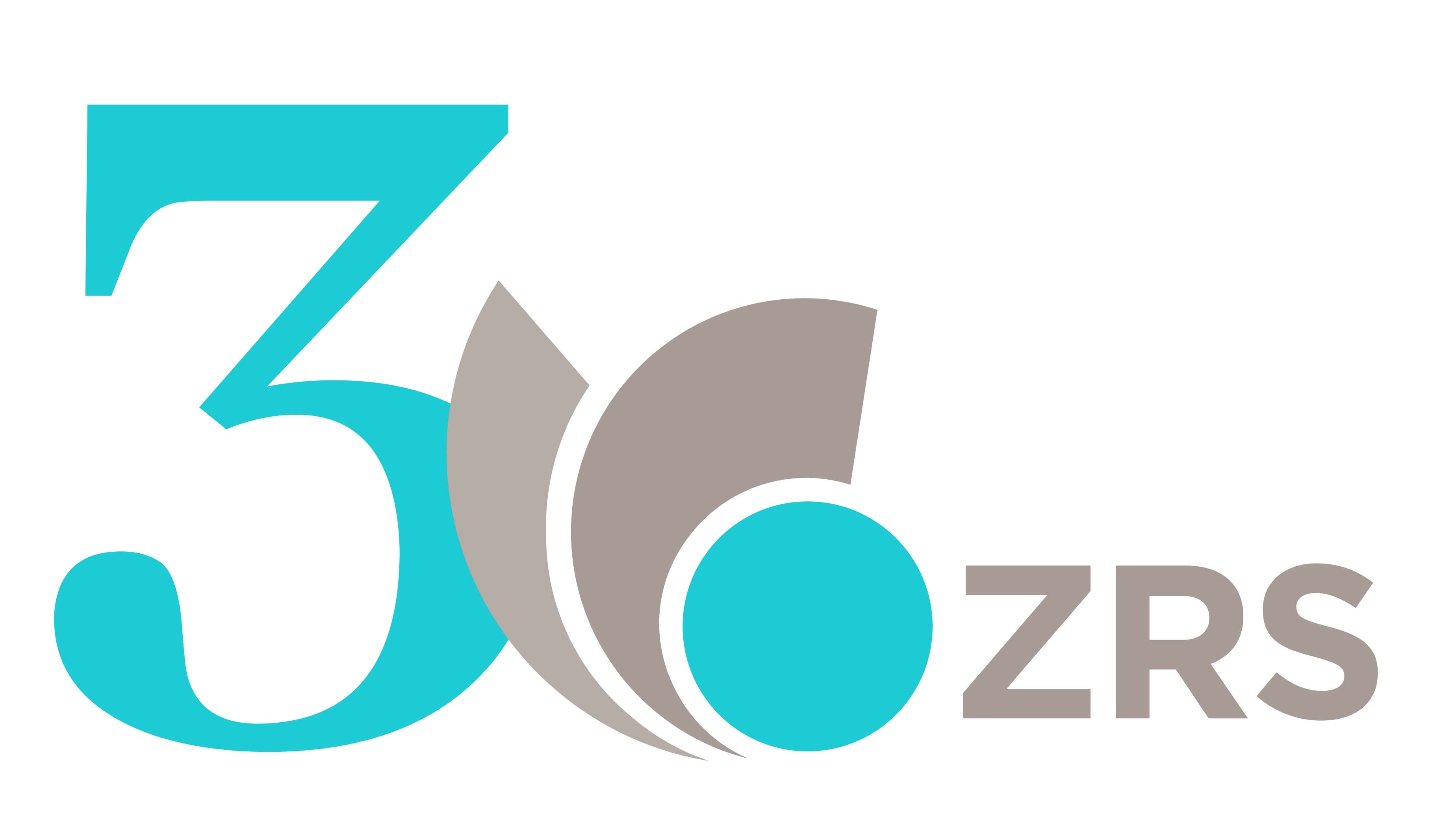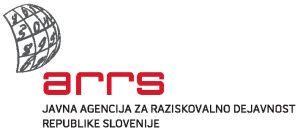A CHILD-CENTRED APPROACH TO INTEGRATING IMMIGRANT CHILDREN: THE ROLE OF SCHOOL IN INTEGRATION WITH REGARD TO THE PARENTS’ ASPECT
ARRS Code: Z5-3219
Period: 1. 10. 2021 – 30. 9. 2023
Project leader: ZRS Koper, Institute for Social Studies
The project proposal builds from the partial results of the ongoing Horizon 2020 project on the topic “Mapping and overcoming integration challenges for migrant children” entitled “Migrant Children and Communities in a Transforming Europe” (MiCREATE) and, consequently, complementing it with the aspect of parents’ role. The project MiCREATE, that started in January 2019 and will end (with the extension due to Covid-19 circumstances) in
June 2022 adopts a child-centred approach with the objective to create a space allowing children to express themselves and their interests and to circumvent the common-sense presuppositions about what “we” – adults tend to think of as the indicators and stimulators of integration. The main objective of the project is the stimulation of the integration of migrant children by adopting a child-centred approach at the educational and policy level, along with 1.) identification of existing integration measures and programmes, 2.) analysis of social and cultural impacts of these integration programmes through case studies, and 3.) development of possibilities for cultural integration approaches and identification of social investment particularly in educational policies and school systems that aim to empower vulnerable children in an ethnically diverse society.
The main objective of the proposed project “A child-centred approach to integrating immigrant children: the role of school in integration with regard to the parents’ aspect” is to research the different integration measures of migrant children’s integration in different national contexts (Slovenian, Austrian (Vienna), Spanish/Catalan (Barcelona) and Danish (Odense)) and educational stages (primary and secondary schools) in relation to the integration of parents. The issues related to gender, identity, achievement, well-being, home–school links, discrimination, etc. will be taken into account. Best practices supporting equal life chances will be identified with the involvement of stakeholders, maximizing the potential of existing experiences. The integration of parents and their support seems crucial for the child’s well-being, integration in school and educational achievement (Nakeyar et al. , 2018; Harttgen and Klasen 2008 ; Madrigal Sapungan and Mondragon Sapungan 2014 ), however, it is often ignored (MiCREATE). The family structures have an important role in the integration process of young people. The research assumes that there is a significant influence of migration on family relations, e.g. migration can destabilize family relations, leading to loss of recognition and belonging (Sime 2018 ). The purpose of the project proposal is therefore to take into account the integration of immigrant children and the aspect of parents and their inclusion in the school environment, taking into account the child-centred approach.
[1] Nakeyar, Cisse, Esses, Victoria in Reid, Graham. J. 2018. The Psychosocial Needs of Refugee Children and Youth and Best Practices for Filling These Needs: A Systematic Review. Clinical Child Psychology and Psychiatry, 23 (2): 186–208.
[2] Kenneth Harttgen, K. in Klasen, S. (2008): Well‐being of Migrant Children and Migrant Youth in Europe.
[3] Madrigal Sapungan, G. in Mondragon Sapungan, R. (2014): Parental Involvement in Child’s Education: Importance,; Barriers and Benefits. Asian Journal of Management; Sciences; Education, 3(2).
[4] Sime D. (2018). Belonging and Ontological Security Among Eastern European Migrant Parents and Their Children. Central and Eastern European Migration Review; 7(1): 35-53.
Activities timeline
| Phases | Activities |
| 1. | Literature analysis, state of the art of four different national context |
| 2. | Reparation for the field survey, preparation of a measuring instrument |
| 3. | Implementation of case study in Slovenia in three regions: Costal region, Ljubljana, Maribor, altogether in six schools (one primary and one secondary per region) |
| 4. | Analysis and partial interpretation of Slovenian case study |
| 5. | Implementation of case studies in Austria (Vienna), Spain/ Catalonia (Barcelona) and Denmark (Odense), altogether six schools (one primary and one secondary per country/city) |
| 6. | Analysis and partial interpretation of Austrian, Spanish/Catalonian and Danish case study |
| 7. | Joint analysis and interpretation, preparation of the final report |
Head of the Project
Maja Zadel, PhD, Research Assistant (ZRS Koper, Institute for Social Studies)


